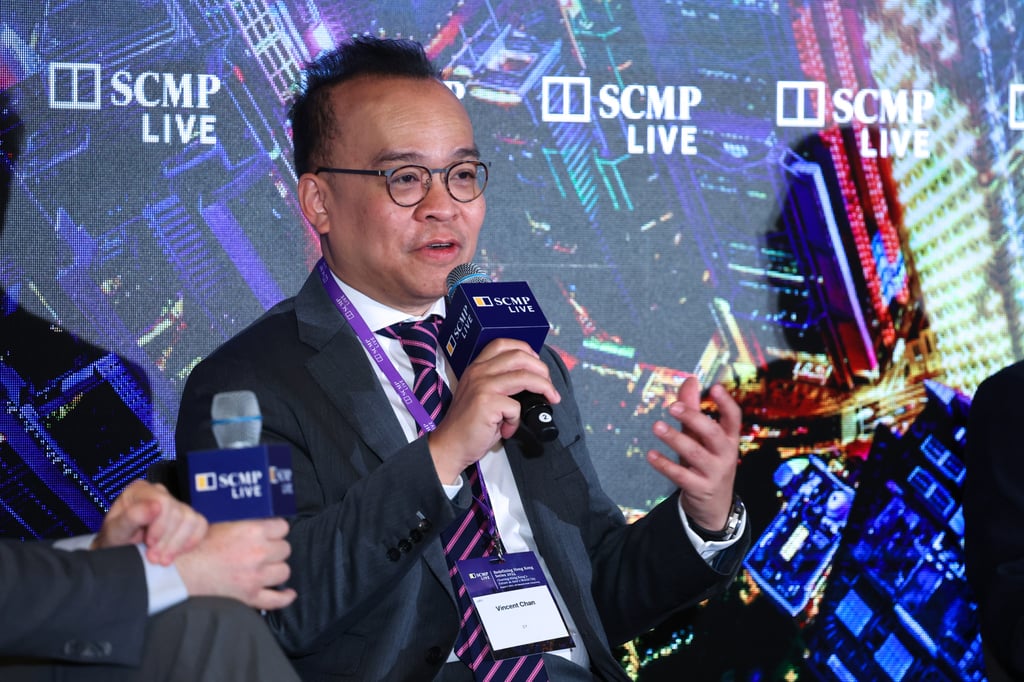Hong Kong needs flexible, inclusive workplace policies to attract and keep talent: experts
She later added that to help businesses continue to grow, they should adopt a more multilingual workplace environment and cater to the changing preferences of the younger generation of talent.
“I think that it’s really important for organisations to recognise the needs of different generations and different nationalities and races, to make it a more attractive place,” she said.
In 2022, the city’s current administration under Chief Executive John Lee Ka-chiu launched a series of measures that sought to attract fresh talent and help counter an emigration wave.
The policies include the Top Talent Pass Scheme, which is open to candidates who earned more than HK$2.5 million (US$320,000) over the past 12 months and graduates of the world’s top 100 universities.
The scheme has received more than 85,000 applications, with 68,000 being approved, between its launch in late 2022 and May of this year.
Combined with the other policies, the city has welcomed more than 130,000 people by June, surpassing the government’s target of bringing in 105,000 over three years.
Alfred Ho Tat-Kei, dean of City University of Hong Kong’s College of Liberal Arts and Social Sciences, said that Hong Kong had been doing quite well in attracting talent, but could do more to ensure they stay in the city.
He said that many of his own students wish to stay in Hong Kong after they graduate but face challenges as many businesses require Cantonese-speaking proficiency.
He also highlighted that Hong Kong lacked the flexible work arrangement policy that had been introduced in jurisdictions such as Singapore and Japan.
“I think there are some things we should do at a corporate organisational level,” Ho said. “We need to build more inclusive, culturally sensitive [workplace] environments.”
Starting from December 1, businesses in Singapore will be required to have a formal process in place to consider employee requests for flexible work arrangements, such as remote hybrid work or staggered starting times.
Japan also recently passed legislation requiring companies to provide flexible work arrangements such as remote work and adjusted working hours for employees with children.

Echoing the need for greater inclusiveness and work flexibility, Jobsdb by SEEK managing director Bill Lee said that in worldwide surveys his company had conducted, Hong Kong often ranks high in job opportunities and compensation, but tends to fall short in quality of life.
He said that young talent also prioritised career progression and wanted to feel like their day-to-day work had a connection with a wider “mission to society.”
“We are not comparing ourselves against, for example, the mid-tier. We are comparing ourselves against the top, top countries and destinations worldwide and in that regard I think we have a ways to go,” he said.
Vincent Chan, Greater Bay Area technology and data connect leader at EY, said that young talent were keen to embrace more technology-oriented companies that offer diverse work experiences.
“People like to work smarter, and work with more technology, and they want to find challenging tasks,” he said.
Chan added that it was also important to have an international talent pool, which could help bring in different skill sets.
“We believe that having a diverse talent pool, we’re actually more productive and we actually work better.”